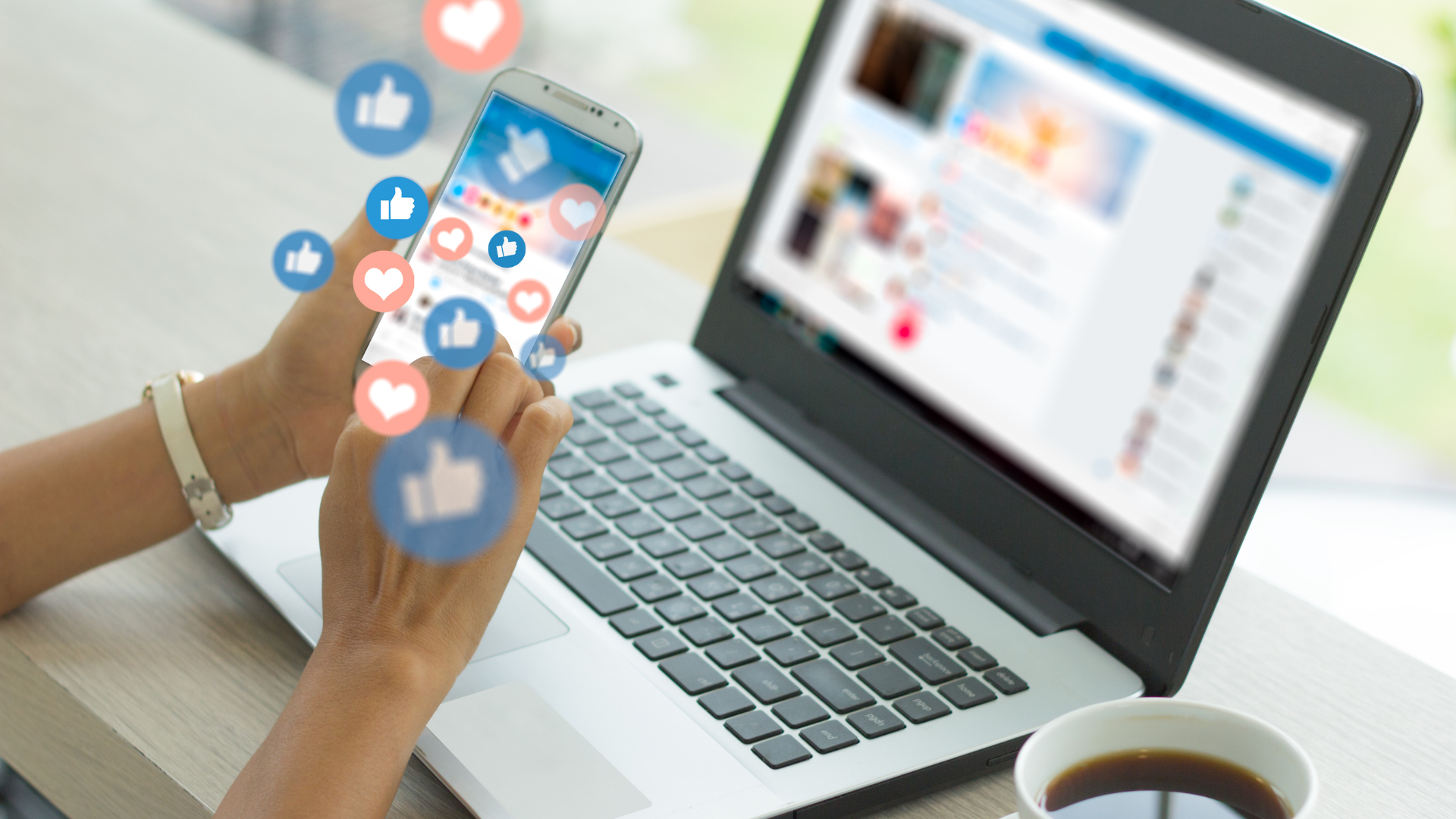Social media can boost mental health, connecting us with people who share our interests and helping us feel inspired and hopeful about the world around us. But it can also be hard to navigate, and many people find themselves comparing themselves to others and feeling down as a result. Here, we’ll take a look at how it can affect our mental health and how you can use these tips and tools to have a healthier relationship with social media.
Advantages of social media for mental health
Connecting you with like-minded people
Nowadays, most young people have an online presence on various social networking sites, which allows them to connect with people with the same interests. Such connections can offer emotional support, which has been proven to reduce symptoms of depression.
Social media is an integral part of everyone’s life and mental health. It has both positive and negative impacts. These sites serve as a platform to develop strong social connections, express and share opinions and ideas and enhance participation in online communities. Research indicates social networking enhances both psychological and physical health.
Social Media Boosts Self-Esteem
Social media is no longer just a way to keep track of friends anymore. People use platforms like Facebook, Instagram, Twitter, and Snapchat to feel connected, feel a part of something, feel less alone, and, most importantly: boost self-esteem. These platforms are sometimes abused, just like anything else, though, so it’s important to keep your usage in check. The good news: social media can be a positive force in your life when used correctly.
Social media can help us make new connections, reconnect with others, and even help us to become more open about discussing mental health and feelings. People with mental health issues need positive messages of hope, but they also need to hear from other people that struggle with depression or anxiety. It gives us the opportunity to hear from others, share our own experiences with others, and remind us that we are not alone in our struggles.
Social media isn’t all bad. It’s often used as a tool for building self-esteem, and it’s even considered to be an important component in building and maintaining relationships.
Other benefits of social media to mental health include:
- A way to stay connected to friends and family
- A way to express oneself
- Inspiration
- A sense of belonging
- A feeling of well-being
- A chance to help others
- A chance to make a difference
- A way to learn more about oneself
- A way to build confidence
Disadvantages of social media to mental health
Contributing to anxiety and depression
Social media has become an inextricable part of almost every aspect of our lives, for better or worse. However, as a growing body of academic research has shown, social media use can have several detrimental effects on mental health, including anxiety and depression. However, given the fact that it has more virtues than vices, it could be unwise to completely refrain from using it. A better approach could be to limit the use and treat anxiety. While for the former, a reminder on the phone can help, the latter can be treated with some medications or cannabis (sites similar to https://wccannabis.co/product-category/cannabis-concentrates/kief/ could be helpful in this regard). Wondering how cannabis can alleviate the symptoms of anxiety? Cannabidiol(CBD), a compound found in cannabis plants can effectively interact with cannabinoid type 1 receptor (CB1R), serotonin 5-HT1A receptors, and other brain receptors that regulate fear and anxiety. This further helps in reducing the symptoms of anxiousness and stress.
Cannabis is available in different product forms based on the potency of THC and CBD. These would include concentrates like shatter (see more on https://mmjexpress.cc/buy-lemon-shatter-in-canada/), wax, crumble, and oil; edibles like cookies, cakes, candies, syrups, and chocolates; other forms like hash, buds, kief, and moonrocks. There are many ways to consume these products and many ways that they could help you besides dealing with anxiety. They can alleviate pain, boost mood, and improve appetites. That is why, people seem to have resorted to the use of cannabis products like aaaaa weed, which are known to be potent enough to offer beneficial results.
Needless to say, cannabis consumption is one of the many methods that individuals opt for in their battle against stress and anxiety. There are a bunch of people who would instead choose other options available to them. For some, it might be creating a healthy diet filled with nutritious food. Others might find peace in yoga and meditation. The rest would perhaps consider getting a gym subscription to channel their energy in a better place instead of overthinking. All these are quite effective, so it would not hurt to say that the method one chooses boils down to their personal preferences.
Cyberbullying
Cyberbullying is when people use technology to harass, threaten, embarrass, humiliate, or target another person. It includes sharing hurtful, embarrassing, or private information, sending threats, or impersonating someone else. This type of bullying can occur via phone calls, texts, instant messages, emails, social media, and websites.
Cyberbullying, the abusive use of social media and online chat rooms, has quickly become a modern-day epidemic. This can take on many forms:
- Texting insults
- Posting mean-spirited comments
- Creating fake profiles
- Hacking into others’ email or social networking accounts
- Disseminating images or videos
And when cyberbullying is directed at teens, the consequences can be devastating, with victims experiencing fear, anger, sadness, ongoing harassment, violence, and even suicide.

